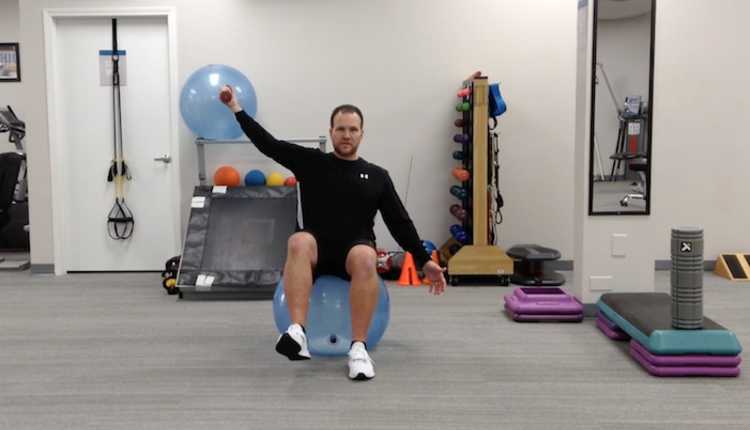
How many times have you heard the phrase, “If you’re not assessing, you’re guessing?”
Do you agree with it? I do. I think one of the most important evolutions we made in the fitness industry over the past several years is when we decided to start taking the idea of assessing our client's basic function levels more seriously.
How can we possibly design an effective training program if we don’t know where we’re starting? How can we even think about engineering a nutritional makeover if we don’t have any clue where clients currently sit with their daily food intake?
The funny thing is that although we understand, agree with and put into practice those terribly important ‘assessment’ realities, we completely ignore the other critical assessment paradigm.
Do we actually think that a one-size-fits-all approach to communication and coaching is going to work with every client, every time? That every single person who comes walking into our facility is starting with the same mindset? The same fears? The same belief systems? The same perceptions or expectations? And that all we have to do is help them set ‘goals’ and they’ll find long-term success?
Not possible.
Individual mindsets are no different than the individuality of biomechanics, nutritional profiles or strengths and weaknesses. And if we’re not assessing, we’re guessing.
Explicit Mindsets are found in people who feel stuck, overwhelmed and helpless. Inspirit Mindsets are found in people who range from excited and optimistic to negative and pessimistic within the same week or month. Mentor Mindsets are those individuals who are constantly positive and upbeat, but often lack follow-through in consistently achieving their goals. Ambassador Mindsets are the rare clients who come prepared for every session and constantly follow your instructions for them, even when they aren’t training with you.
Understanding each of these unique mindsets is the first step in helping your clients create permanent results. Be sure to assess, not simply guess.














